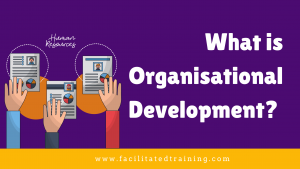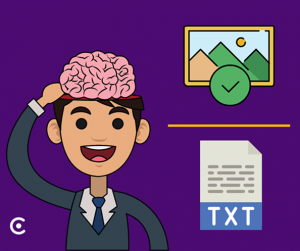Ever feel like you are holding out for “normal”?
For those located in Melbourne, Australia, our town feels like it is slowly beginning to wake up after more than 3 months of lock down. For many, this has meant working from home. Meetings, working at the kitchen table, and negotiating a ‘new’ normal I often think to myself, when everyone goes back to where they are supposed to, and I have a normal week, I’ll get so much done.
Then, I experience a barking dog during voice recordings for a new learning module or unexpectedly running out stationery that won’t be replaced until the next grocery run. Fun times, with a large dose of experiential learning and forced change.
As businesses go back to work, this has meant the hiring of new employees is back – albeit with video interviewing. Check out our tips below for ways to get the best out of this process.
For other business’ projects are back, enter Organisational Development- the team that helps build efficiency.
Have you heard the term Organisational Development? Have you ever wondered what it is about?

Defining Organisational Development
What is Organisational Development?
Organisational Development (OD) is a critical and science-based process that helps organisations build their capacity to change and achieve greater effectiveness by developing, improving, and reinforcing strategies, structures, and processes.
What is Organisational Development in Human Resources (HR)?
Organisational development in HR involves changes and improvement of the processes and structures that are part of HR’s responsibility. These include processes and systems related to performance management, talent management, diversity, employee wellness, and so on.
What is the goal of Organisational Development?
The ultimate goal of organisational development is to increase the organisation’s competitiveness in order to create a business that wins in the marketplace. This can be done through increasing profits, margins, market share, morale, cultural values, or other sources of competitive advantage.
What is the difference between HR and OD?
There are many OD interventions that relate to Human Resource Management (HRM). These include performance and talent management interventions. However, where HRM focuses specifically on people practices, OD takes a more holistic approach, looking at individuals, teams, and organisational systems.
Learning theory bite.

Our brain prefers images over text.
Adding visual elements to eLearning courses enhances knowledge retention. According to neuroscience research that is referenced in John Medina’s book “Brain Rules”, participants in studies only remember about 10% of information presented orally when they are tested 72 hours after instruction [6]. However, that number jumps by about 65% when an image is added to the learning process. The basis of this idea lies in the “Pictorial Superiority Effect”, which suggests that visual input is more likely to be recognized and remembered. As such, including images and pictures in the design of courses can help to boost retention and knowledge acquisition rates.
Resources from around the web
Have you ever facilitated a workshop or meeting, where it is the same person who is nominated every time?
”The wheel of names’ is a quick and free way to mix it up. A quick click and the wheel spins. Fantastic for choosing speakers, prizes, or mixing up groups. This can be used in both online webinars, training and face to face workshops.
Author:
Colleen Condon is one of Asia Pac’s most well-rounded HR & Organisational Development professionals. With her finger in every piece of the Human Resources pie, Colleen has trained 1000s of people across multiple industries and countries. She has conducted training department reviews in Soul, facilitated regional planning programs in Mumbai, deployed leadership programs across Australia, Singapore, and New Zealand, to name a few.
Colleen has coached professionals to enhance the soft skills geared to increasing their employbility, reviewed resumes and rewritten, created behavioral based interview training materials for workplaces, taught managers to conduct ethical behavioral interviews and has recruited employees at all levels of business, across multiple industries.
